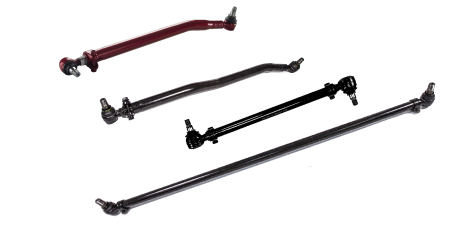What is a Septic Pump?
Published Jun 23, 2021 | By Admin

A septic pump is used to remove sewage from buildings where the water level in drinking water systems and sewers is less than the water level in drainage pipes or septic tanks. These pump lines represent small electric water pumps, perhaps that there is water in front of it.
When the sewage in the water chamber fills, the float wrench is turned on to turn on or off the septic pump. When the pump at the top is small, the wheel rotates and pushes water through the tube, one armature that feeds the pump. These pumps use in the aerobic septic system.

What is a septic tank?
A septic tank is an underground storage room that uses to drain sewage from the house and take into account the city's sanitary system. These systems come in a variety of compositions and sizes. Still, they serve the same function: to contain wastewater to provide drainage and sewerage, to ensure that the company that offers septic tank pumping services does not become empty.
Precipitation typically separates solid particles from liquid and retains waste that is long enough for the wastewater to be diverted to the sewer system or land absorption areas.
Septic Pump components
The septic pump has the following components:
1) Filter
Filters are also known as brush or drain filters; the filter should install as close to the septic pump station as possible. These filters have an effective and easy way to protect your pump. As its wastewater will exitthe tank, fine particles will get trapped and charged by the drain filter.
2) Alarm
If a septic tank pump is installed, it is recommended to install the alarm. This usually includes float switches to a small alarm panel. Septic tank alarms provide early warning of pump and cover failures and the ability to respond immediately in the event of flooding or sewer movement.
How to take care of septic tanks
Maintenance of the septic tank pump is closely integrated with the maintenance of all septic systems. Therefore, to avoid emergency septic maintenance and extend the life of the pump, do not clean and drain ordinary household items.
- Dental floss
- Oil and fat
- Cat litter
- Baby wipes
- Tissue paper
- Personal hygiene
Secondly, at the time of maintenance, waste disposal methods are used when the age of septic tanks is accelerated, and water tanks. If a large amount of water becomes a septic system, solid particles can be tanked, and it can block the pool pump.
Septic Tank Overhaul Tips
- Please check the septic pump and tank regularly (at least once a year).
- To optimize the water available in the reservoir, the overflow pipe can be filled or cleaned of water during filtration).
- Use efficient household appliances like dishwashers, showers, faucets, toilets, dishwashers, and washing machines.
- Do not flush anything in the toilet other than toilet paper and human waste. Considering that the safety of children in the toilet.
- Avoid unnecessary draining of vegetable oil or chemicals, refrigerator (this will kill the organisms that destroy the left side, tank).
- Do not limit the use of coffee to chemical pipes and drain the air cleaner.
What are common problems with a septic pump?
The most common problems with a septic pump are given below:
(1) Sound
If your septic pump produces excessive noise, then you must install a silencer with it. If the pump has a problem or appears to be moving waste, then there is a problem, and you need to call a plumber immediately.
2) Septic tank leakage
Otherwise, this pump has a valve that creates a pressure gradient to keep waste flowing through the pump drainage area. When the valve wears out or breaks, the drain can move it back to the septic tank.
3) Damage Float
The float can open and close, and the fuel tank solution can also be damaged. Engineers can eliminate the sediment. In addition, the float may need to be changed if there is severe damage.
Advantages and Disadvantages of the septic System
Advantages
- It is an environmental friendly system
- It has a low initial cost
- The septic system has a long service life
- If there is any problem with your system then it is easy to fix
Disadvantages:
- It has a high maintenance cost
- A septic pump system has a large size
- If you do not clean the septic system, then it will spread a lousy smell into your house.
- This system has high cleaning and pumping cost.






